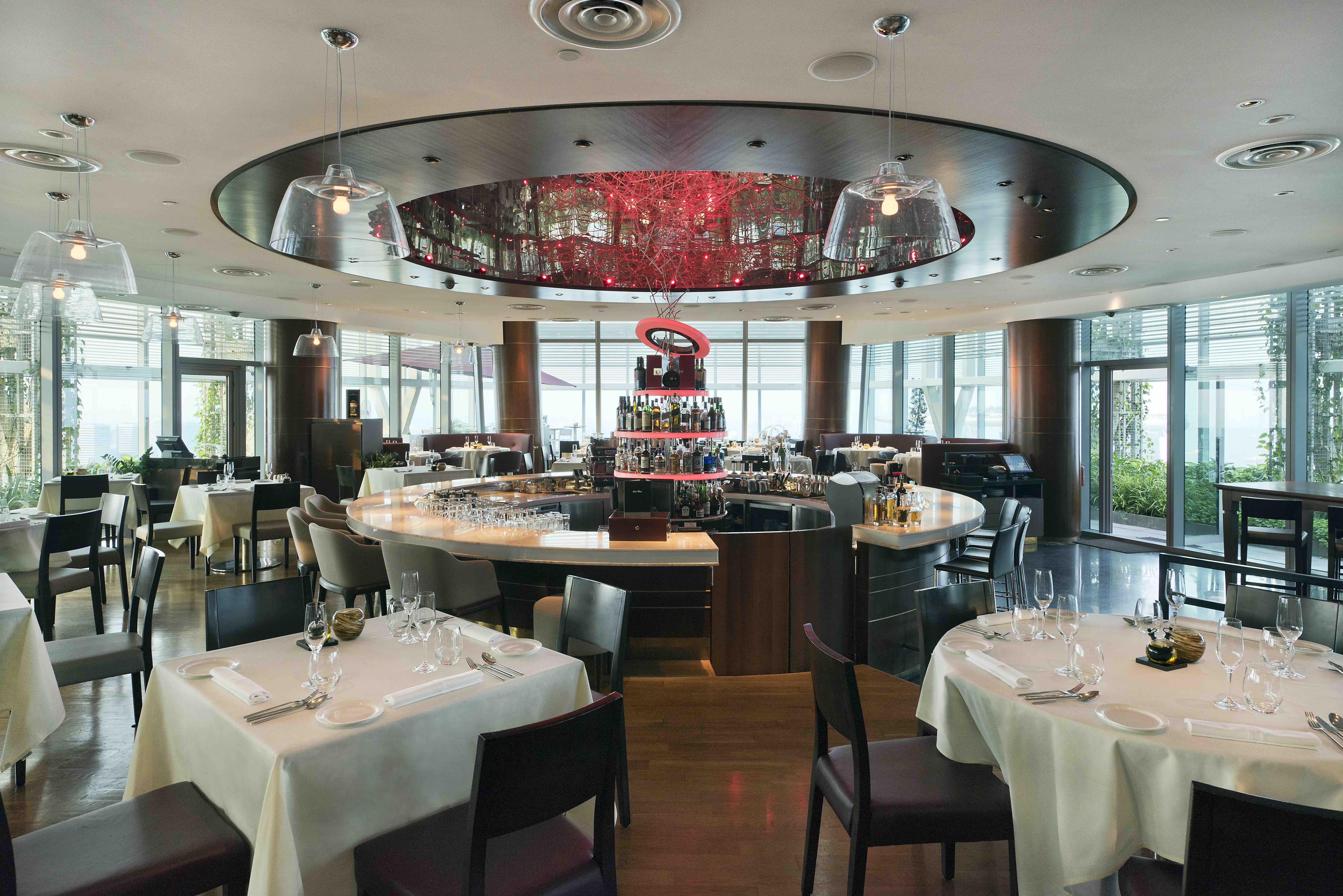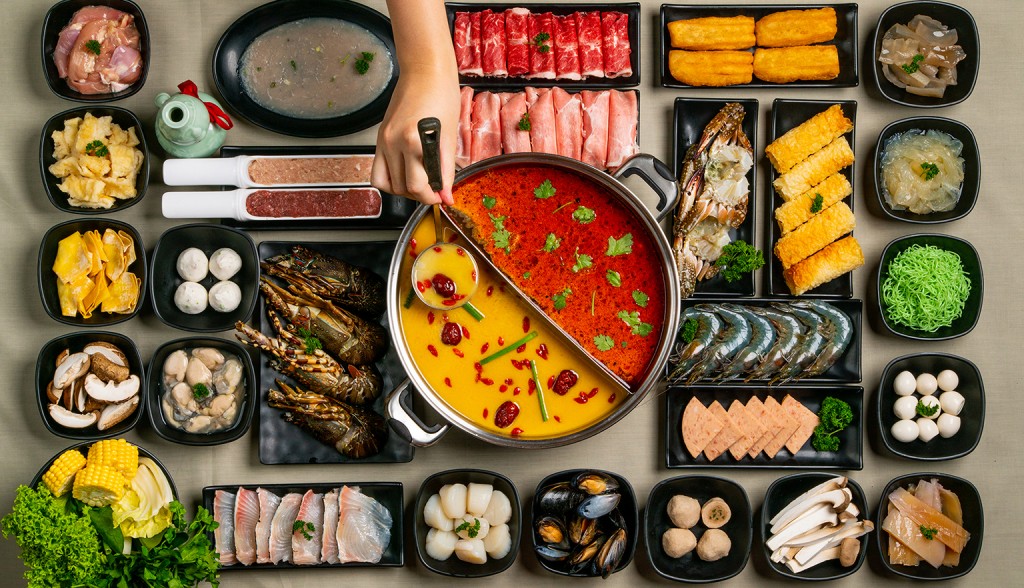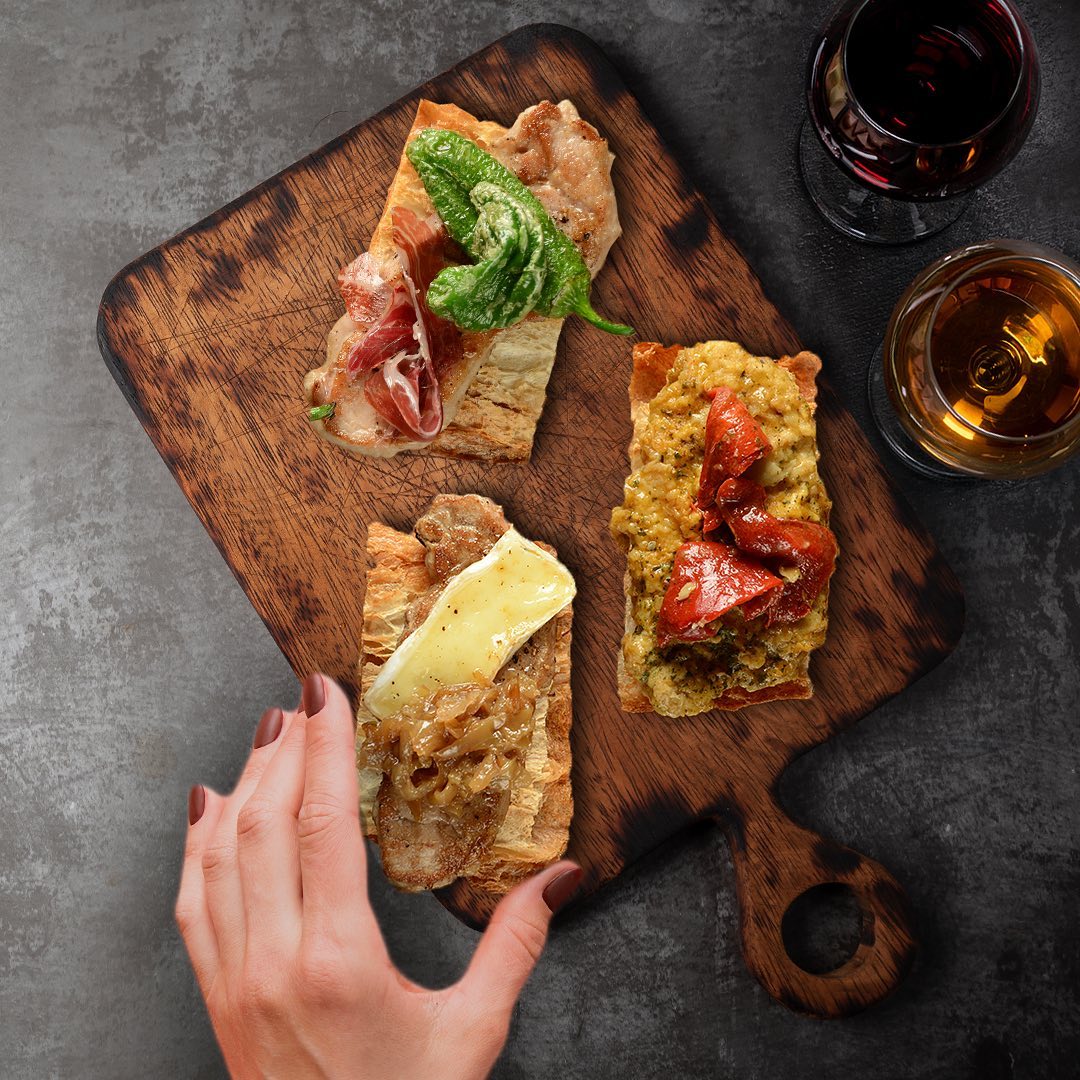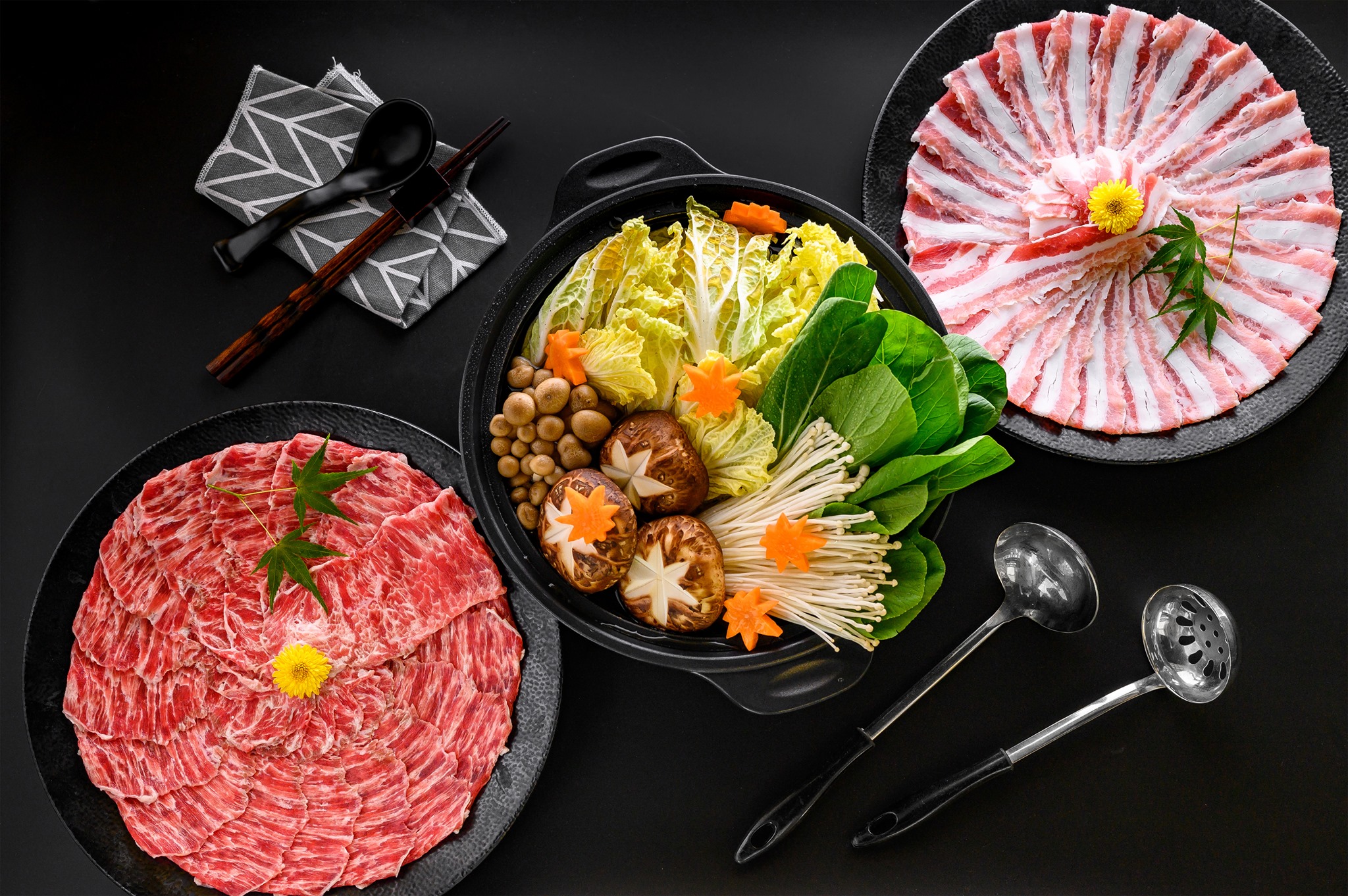When did you start?
We first thought of starting in mid 2010. It took us a while to figure out the format and the location. We had to get in the equipment and permits. So, by mid 2011 we were ready.
What inspired you to start the business?
In my career before, I had been working in the US, and that made me to realize how much more beer could be. Up to that point I’d only been drinking lager in India. I was awed by the variety and quality of beers elsewhere and when I came back to India, I could almost not drink beer anymore, though it was the same beer I was drinking until I left. I thought there must be more people who’d be into good beer, and that was what got me interested in the beer business. I then went and studied for a year in Edinburgh and got back to India to start a brewing company. My friend—who was living in Singapore at the time—who is now my business partner suggested we look at Singapore because the government here is very keen on promoting new businesses, and they make it easy for new businesses to start. So along with my partner, I met the various government departments and they were all very helpful and enthusiastic for us to start here.
How did you first approach the retail stores and bars to carry your beer?
Initially, it was a lot of cold calling because when we started the company we were a pure draft business. We didn’t do any bottles and we were trying hard to get draft beer accounts in local bars. We began to realize how all prevalent and exclusive these draft contacts were. Although we feel it is quite unfair to any new company, it continues to be the market practice in Singapore that big companies have exclusive tie ups with bars. And so it took us about half a year to rework our business plan. We began bottling in late 2012, early 2011.
What were the biggest challenges you faced?
Going to bar owners without a prior introduction has always been quite a challenge because they don’t know anything about our business or the beers we make. And when we started, craft beers were even newer then than they are now. So, many bar owners themselves were not very familiar with the products. They knew that people were talking about it, but they had no real way to evaluate it and across Asia. They viewed something local as being inferior quality and therefore that it should be priced less. That’s something we still find difficult, trying to get the same premium for our product as other people who deliver similar quality products that are imported.
Have attitudes changed over time?
Of late, I think a few key things have changed. People are starting to drink jungle beer and talk about it. And then we had quite a successful run at the Beerfest Asia last year, won quite a few awards and stuff, so I think that it convinced people—who don’t trust themselves to judge the beer—that beer was pretty ok, and that their customers might like it. A lot of bar owners began to take us more seriously when we said ok we’ve won all these awards. That’s when they began changing their view that something that’s local can also be good.
What’s you’re favorite of the beers you make?
I most often drink the English Pale Ale, which is a very easy drinking session beer. It’s got the right amount of power to balance the malty-ness. But my personal favorite is the Imperial Stout, the Kiasu Stout. That has for a long time been my favorite style of beer. To my knowledge no one else makes an Imperial Stout in Singapore yet. I don’t drink a lot of it though because it’s a very intense beer usually the last beer of the evening.
Are there any other locally-made products you like?
For coffee, I like Papa Palheta. There’s also Popaganda, they make popsicles and are quite creative. I can’t think of many other F&B products. Many people are more likely to start their own restaurant than to start a brand and make a product out of it, and distribute it.
Why do you think that is?
One reason most definitely is that there’s considerably more capital required, and also the challenge of sales. If you have your own restaurant, at the very least you yourself can get some customers though the door. But if you have your own product, the best you can hope for is that if you put it across many different stores, it just sells. You don’t know whether the store manager is going to promote your product or not, so there’s that additional challenge. And definitely, there’s the cost of setup. If you are going to start something, obviously you’re not going to do it small because you need the AVA permission and so on and so forth. And by the time you get a space that’s large enough to make it viable, it becomes quite expensive.
Where are most of the ingredients you use to make your beers from?
Most are from the UK and Germany. Our hops come from Eastern Europe, the UK and about 50% are from the US as well, especially the northwest of America.
Do you think people should support local?
I don’t think people should support local out of pity, but I think that people should not discriminate against local. At the very least, anyone in Singapore should be willing to try something that is local. If it’s bad or if it’s not as good as something that’s imported, they’re obviously not going to buy it again unless they are like uber nationalistic. So I think that yeah, the sole discrimination against local is quite odd and that’s something people need to overcome.
Are you planning other new products?
We have a few ideas we’re working on. One is the new range of beers called Hula. We’ve made a few trial batches and will add more beers to that range. We’re also looking at potentially making a lager beer, that’s something we have not made to date and we don’t want it to be anything like the ones that are already available by the big brewing companies. We should expect both of those before the New Year.
Adi Challa is the owner-brewer at Jungle Beer Brewery.





